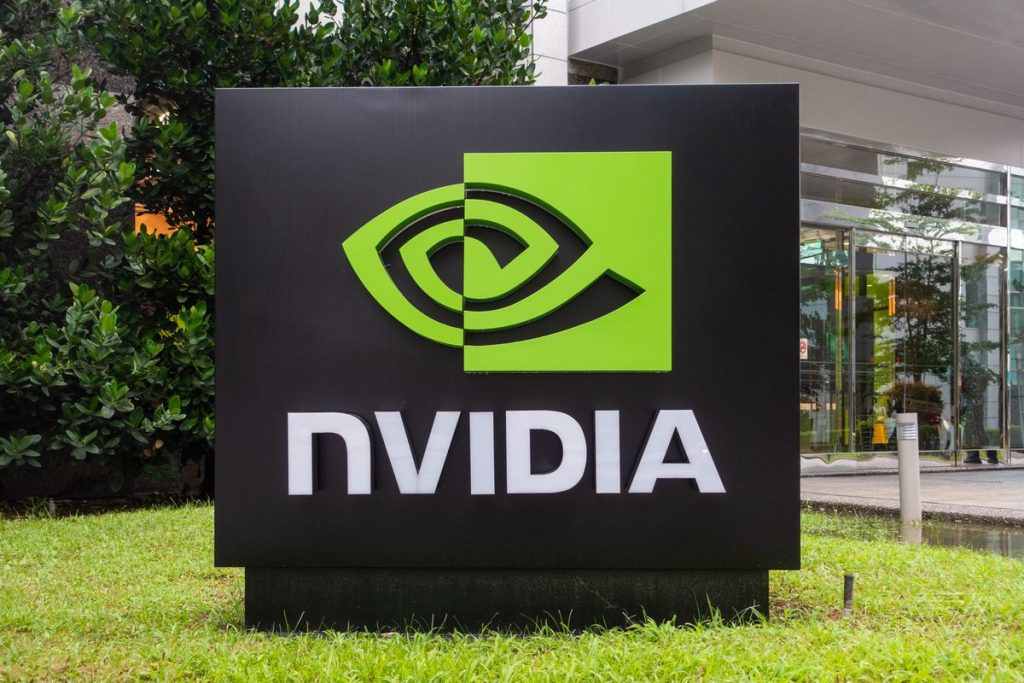
Graphics card giant Nvidia’s (NVDA) plans to buy Arm, which licenses chip designs, looks all but dead after the Federal Trade Commission sued to block the deal on Thursday. The move is just the latest blow to the $40 billion deal and would seem to strike the final blow to a deal that would have been one of the largest chip industry mergers in history.
Nvidia’s stock, however, was up slightly on the news late Thursday, though it was down Friday along with the broader market. That could point to a recognition among investors that the deal with U.K.-based Arm was on life support as is and unlikely to go through.
Susquehanna senior equity analyst Chris Rolland told Yahoo Finance after Nvidia’s Q3 earnings in November that the deal’s demise was already built into Nvidia’s stock price.
Rolland further explained that Nvidia leadership’s own language during its Q3 earnings call seemed to point to an expectation that the acquisition would fail.
“I think some of the commentary [on Wednesday] kind of puts the final nail in the Arm coffin here,” Rolland said.
In its suit, the FTC says that the Nvidia deal would give one of the largest chip companies power over technology that rivals depend on to build their own chips.
“The FTC’s complaint alleges that the combined firm would have the means and incentive to stifle innovative next-generation technologies, including those used to run data centers and driver-assistance systems in cars,” the commission said in a statement.
Nvidia responded to the suit via a spokesperson’s statement saying: “As we move into this next step in the FTC process, we will continue to work to demonstrate that this transaction will benefit the industry and promote competition.”
The FTC’s suit comes after the U.K.’s competition commission launched an in-depth probe into the proposed deal. China and the E.U. would also need to sign off on the acquisition. Industry leaders like Qualcomm (QCOM), Intel (INTC), Microsoft (MSFT), and Google (GOOG, GOOGL) — which rely on Arm’s designs to build their own chips — have all come out against the deal.
In an interview with Yahoo Finance, Nvidia CEO Jensen Huang pressed the case for the Arm acquisition saying, “The benefit of Arm being part of Nvidia is that we could accelerate their R&D scale.”
The loss of the Arm deal wouldn’t necessarily hurt Nvidia, though. The company already builds processors based on Arm’s designs and can continue to do so into the future. No, it won’t reap the rewards of charging competitors to use Arm’s designs, but it also won’t face any setbacks in its production pipeline.
What’s more, Nvidia is a graphics and AI company. It will be more interesting to see how the company can innovate in those areas, such as how it’s using its Omniverse to teach self-driving cars how to maneuver on streets.
So while the Arm deal looks finished, it’s not exactly a total loss for Nvidia.



























